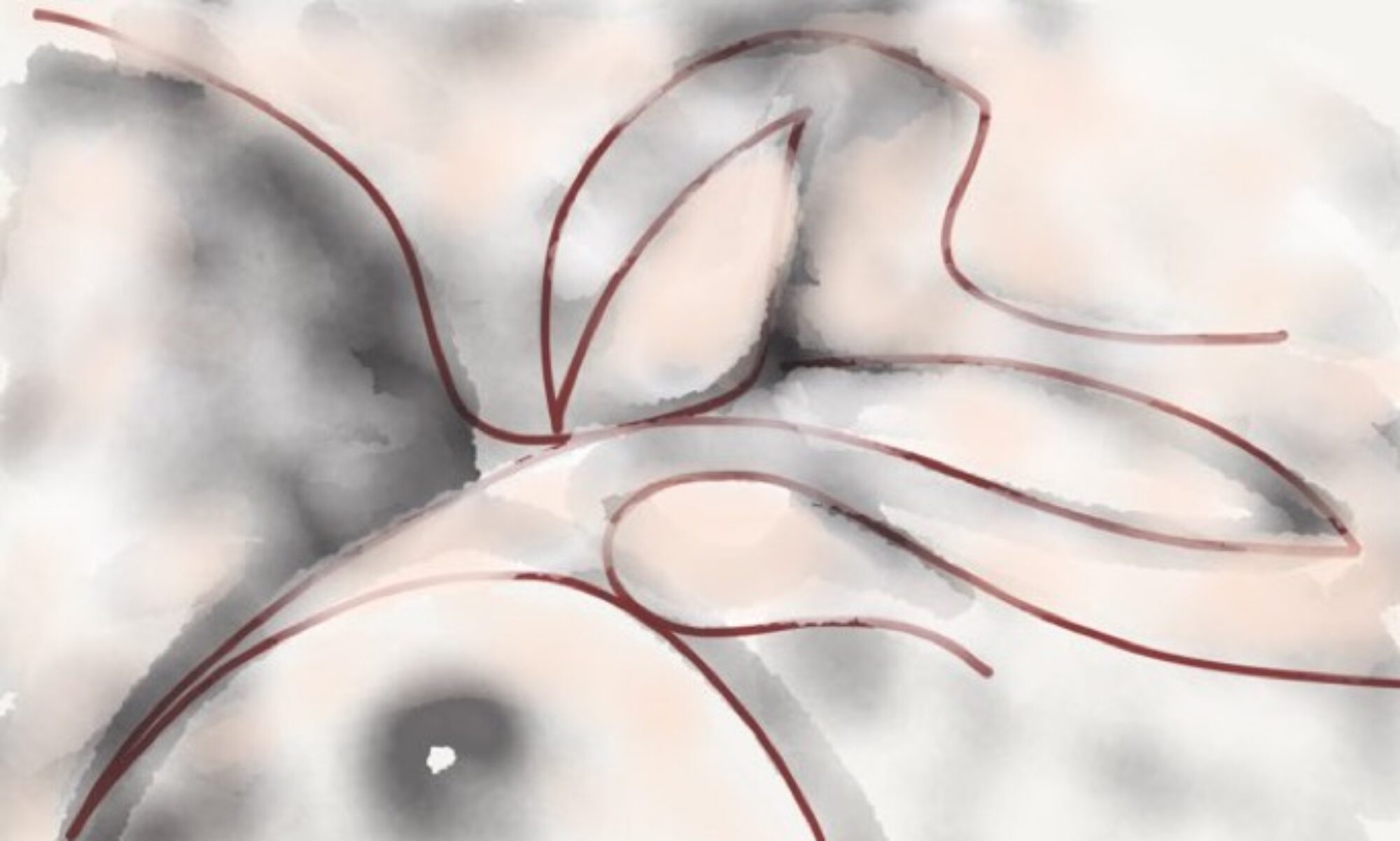When it is late
Shadows get longer
The light is dim
But spirit gets stronger
I m in wait
I m often late
Letting you know
We can write on a clean slate


curiosity, concern, compassion and collaboration
When it is late
Shadows get longer
The light is dim
But spirit gets stronger
I m in wait
I m often late
Letting you know
We can write on a clean slate

Harnessing the true potential of Grassroots Innovation.
Human Rights and The Intellectual Property System
When faced with an unmet social need, most people adjust and adapt and thus reinforce inertia. But a few try to transcend the constraints and innovate a new solution reducing drudgery, making life easier, more productive and often in sync with environment, though not always. The Honey Bee Network has been scouting, spreading, and spawning innovations from grassroots but lately also for grassroots. There are many ways in which communities and individuals explore solutions to their own but also larger social problems. They may modify materials, methods, applications or delivery system to develop innovative solutions. In this context, traditional knowledge also plays an important role in some of the innovations.
Traditional knowledge, hereinafter TK, is a broad concept that is deeply rooted in the life of billions of people, especially within the indigenous/local communities that have developed it across the world. TK manifests in several fields, from medicinal uses of plants and herbs to artistic creations. Bio-prospective activities during the 90 have brought the TK problematic to the international fora: the indigenous communities, South Governments, NGOs, and some other groups have complained against the everlasting misappropriation of TK. Since genetic resources are scarce in the North, TK has been reaching increasing value for transnational companies and Universities research groups who have turned their interest to it as a critical source of their R+D projects to advance their business and academic agendas and to promote innovation in health, nutrition, climate change, and UN SDG goals. Furthermore, unfettered access to genetic resources and TK plays an important role in many grassroots innovations.
When the errors amplify the leaking substance!
When a substantial truth gets sublimated by the conundrum of errors, often self-inflicted, the search for alibi begins. We start looking for masks which will cover our faces but keep eyes and ears uncovered. The uncovered part makes the masking less complete and thus bearable.
This is the paradox. Why do we search alibi for defending our deliberate vulnerabilities. We have invented a rich repertoire of concepts, complexes and contrived obsessions, on which rests for our vulnerabilities. We are ok. Our vulnerabilities are not ok.
The trunk of an old tree often becomes hollow at the base. Why does it allow the animals to make their shelter even when its own stability is endangered. May be falling down becomes less painful, a whiff of air someday just takes it toll and the tree becomes a log of wood.
Let us reflect on the masking, hollowing and falling down….
Mask is actually an Uncovering, lest we complain we did not hear, or that we did not see.
The substance starts leaking, because we are not able to hold it together in our anxiety to manage the mask, loosely, tightly

Do you think that language you use shapes your thoughts? This has been a controversial issue in linguistics but in behavioural science we make sense of it rather easily.
Take a page that you have written, count active and passive verbs:
Then analyse the number of times you did not convert your autonomy into agency ?
Do you think those who don’t use active sense too often will be induced to take action on issues they feel strongly about?
Will appreciate some younger scholars & practibioers to do some exercises and then debate on this point; we want more people in current turbulent times feel responsible for their inclusive feelings & take action on them.
Those who don’t share inclusive philosophy are often acting more vigourously, why are the rest more inactive ? Has language to do something with it?
Look forward to hearing from you
Thank you for a good debate
Your Organizations can be transformed if we unravel this mystery !!!!
TV Rao Amit Karna Asha Kaul Tarun Jain Indian Institute of Management Ahmedabad Rishikesha Krishnan
https://lnkd.in/gSRwCQ2W
Strategy for promoting creativity, social and industrial connectivity and quality in higher education
There is a growing realization particularly in the Covid-19 pandemic phase that governance of public and private institutions has to become much more agile, flexible and responsive to the emergent social needs. Recently, Honey Bee Network has started experiments on tapping and mapping community knowledge and innovations through students of higher education during the lockdown period. Once their curiosity is generated to learn from unexpected quarters, their willingness to cooperate with other entrepreneurs, industrial clusters and public services may also increase. Our final goal is that the projects/assignments that they undertake for various courses address the unmet social, industrial and environmental needs. These problem-solving projects will become trigger for innovative start-ups and/or further research and publications.
Strategy:
1. The three best projects/assignment [grade A given by teacher] from every discipline and every college may be sent for anonymous review to other faculty members by masking the grades. The purpose is to help their teachers get feedback from the peers about the quality. In the first year, the feedbacks of the projects will be sent to the concerned faculty and nobody else.
2. Using lockdown as an opportunity for mapping the knowledge of elders
3. Under-utilized resources, unmet needs, problems in search of solutions
4. Mapping under-utilized manufacturing or fabricating capability to link with unmet demand from other industries within or outside the space – ICT students to create a platform
5. A campaign for ICT students to create website for the member of all industrial cluster in Gujarat. The members of the cluster to provide basic information, product catalogue, contact address, etc., and students to create websites for them. All these websites to be linked with gujmarket portal. The best contribution by the department and clusters to be recognized with awards/internship/placement offer.
6. The database of abstracts of students’ projects to be created at the departmental portal and also to be added in the techpedia.in portal. This will give visibility to the students and faculty globally and also create a market for merit. This will also promote originality because other students will not repeat the projects that have already been done.
7. The centre of excellence in various disciplines to be mapped and supported.
8. The final year projects of the students to be linked with the problems of industrial clusters, whether to find new uses of waste material, how to convert energy, improve productivity, worker safety, etc. Ascertaining from each college the projects which have reached the prototype stage and with a little more effort, it can become product. To find out testing and financial requirement for converting it into a product.
9. Synopsis of every project / thesis should be preceded by a review of existing product in the market, related patents, literature on the web and the gaps sought to be filled up. Without such a review, the quality is unlikely to improve.
10. To prevent cut and paste culture, proper guidelines for citation of prior literature, unpublished reports or projects, personal communications and products in the market may be developed. A short ethical code of conduct can also be shared.
11. An MIS will have to developed to generate data on indicators of different quality parameters such as outstanding publications, product development, licensing of technologies, entrepreneurship based on product/research and outstanding placement. A department can be known for its products, patents, publications or placement or a combination of all of them.
12. A select group of 5-10 outstanding researchers / students may be invited every week virtually or physically as the case may be for talking about their achievements and also mentioning their suggestions for quality improvement. The achievers have a right to suggest improvement in the system. The summer schools for solving wicked problems can be designed for polytechnic students in collaboration with GIAN and degree college students with SRISTI.
It’s not easy to be patient with paradoxes of unfair expectations and unequal responsibilities, but seesaw of life demands that all the time
Will you miss me
Asked the old bird
In a cage
Of a conscience baked under dry sun
Will you miss me
Asked a butterfly
Humming
Hovering the flowers
About to wither and dry
But with so much to do
Wrapped shirt with fallen buttons
Uncreased kurtas with torn
Pockets
May be with a purpose
Losing purse
Will lighten my load
Of possessions I don’t need
And want to free my soul
But the communion
Of a creeper
Around an old trunk
Can rejuvenate the desire
Of a bud to bloom
Barked tree
Punctured leaves
Foggy walk
You say
It’s a circular path